Facing slowing sales growth — and pressure from automakers and their dealers — the Environmental Protection Agency may delay proposed emissions rules that would require EVs to account for as much as two-thirds of the new vehicles sold in the U.S. by 2032. The move would provide more time to address issues blamed for slowing adoption, including the high cost of EVs, as well as the lack of a robust public charging network.
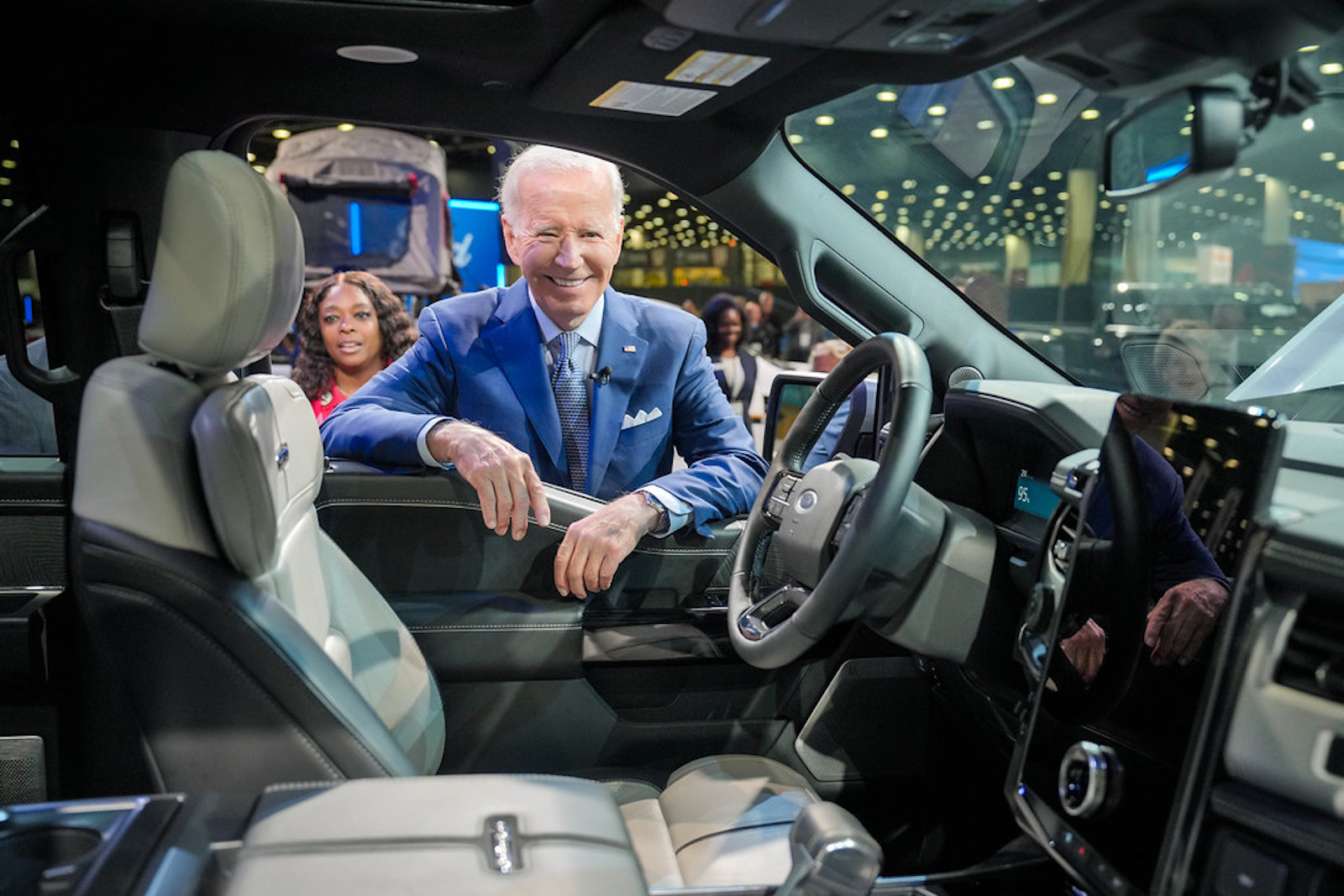
Pres. Joe Biden has highlighted EVs during several Detroit visits. He’s shown here inspecting a Ford F-150 Lightning.
The Biden administration appears to be bowing to pressure to delay new tailpipe emissions rules that would have forced a rapid shift from conventional gas and diesel engines to all-electric vehicles over the coming decade.
The president has championed the transition since taking office in January 2021, authorizing billions of dollars in sales incentives and still more financial assistance to automakers and EV charging companies. But after a rapid surge in demand that saw sales of all-electric vehicles grow eightfold from 2019 to 2023, the growth rate has flattened over the past nine months, according to industry data. That’s led a number of manufacturers, including domestics Ford and General Motors to delay billions of dollars in EV investments.
EPA could reverse course
Automakers and their dealers – as well as the United Auto Workers Union – have been calling on the White House to slow existing regulations that set a target of having EVs reach 50% of new vehicle sales by 2030. And they want the Environmental Protection Agency to kill, or at least delay, a proposed rule announced last April that would have pushed even further – setting a target for EVs to reach 67% of new passenger car and light truck sales by 2032.
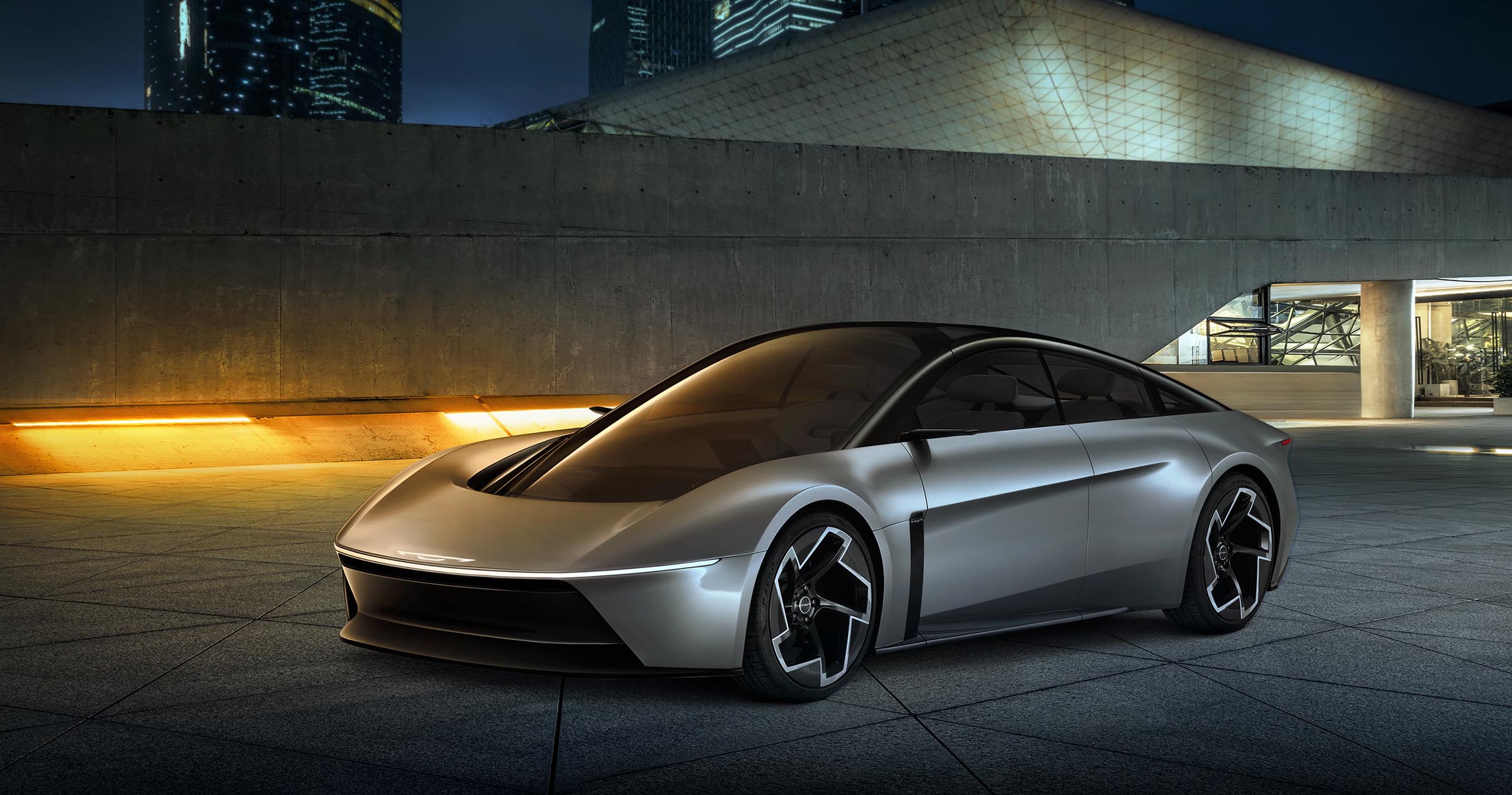
Automakers have been delaying or cutting EV investments in recent months. Shown here: the Chrysler Halcyon Concept.
The administration appears to be set to do so, according to reports by both the New York Times and the Washington Post, the latter paper citing “two people familiar with the matter.”
The Post added that the EPA “could delay these requirements until after 2030,” citing its sources.
Pressure mounts
As recently as 2019, EVs accounted for less than 1% of the U.S. retail automotive market. By early in 2023 that had topped 8%, according to data analyzed by J.D. Power. That initially led GM CEO Mary Barra – and others – to suggest EVs had reached a “tipping point.” But demand unexpectedly “flattened out,” last spring, said Power’s data and analytics director Tyson Jominy.
Since then, GM has delayed several EV projects and announced that it will add plug-in hybrids to its U.S. line-up, rather than moving exclusively to all-electric models. Ford has pushed back on $11 billion in EV investments, as well, and a number of other automakers have been reassessing their own plans.
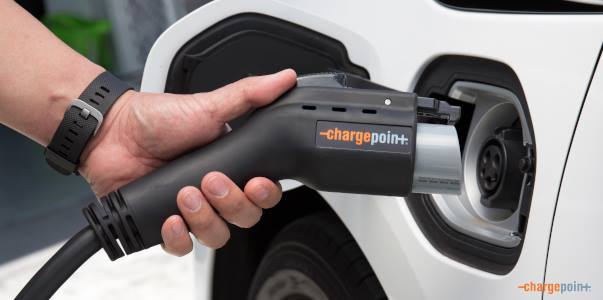
The White House is continuing to direct billions of dollars in financial support for EVs, including money for a nationwide charging network.
The manufacturers aren’t the only ones seeking relief from mandates expected to cost the industry well over $100 billion by mid-decade alone. In January, 4,000 U.S. auto dealers addressed a letter to the president demanding he “tap the brakes” on the proposed EPA rules announced last April.
More EV News
- Biden administration plows $773 mil into EV charging infrastructure
- Public Charging Problems Key to Slowing Growth of EV Sales
- Ford shifting focus to smaller, more affordable EVs, says CEO Farley
Bad timing
The pushback comes at a bad time for President Joe Biden who is facing a tough reelection battle ahead of next November’s national ballot.
The administration’s strong support for EVs generated pushback from a labor group the Democrats are counting on, the United Auto Workers Union. UAW President Shawn Fain initially hesitated offering his endorsement to Biden, among other things citing his “concerns with the electric vehicle transition.” Fain has since announced that the union will support the president’s bid but it’s a question of how actively he will campaign.
Pushback
Environmental groups have expressed deep concern responding to the possibility of a tailpipe standard rollback. “It will mean more pollution, more sick kids, more global warming, more oil use,” Dan Becker, director of the Safe Climate Transport Campaign at the Center for Biological Diversity, said in an interview with the Washington Post.
For its part, EPA spokesman Timothy Carroll said the agency “is committed to finalizing a technology standard that is readily achievable, secures reductions in dangerous air and climate pollution and ensures economic benefits for families.”
If the White House does decide to delay the proposed rule it would mark a rare instance where Pres. Biden and Donald Trump, his likely opponent in November, would find at least a modicum of common ground. As president, Trump tried rolling back a number of auto emissions-related rules. The former president has opposed regulations backing a switch to EVs and has indicated he would, if reelected, kill off sales incentives for buyers.
So, while environmental groups might complain about any emissions rule delays, any criticism of Biden might be muted considering the alternative they’d face were Trump reelected.

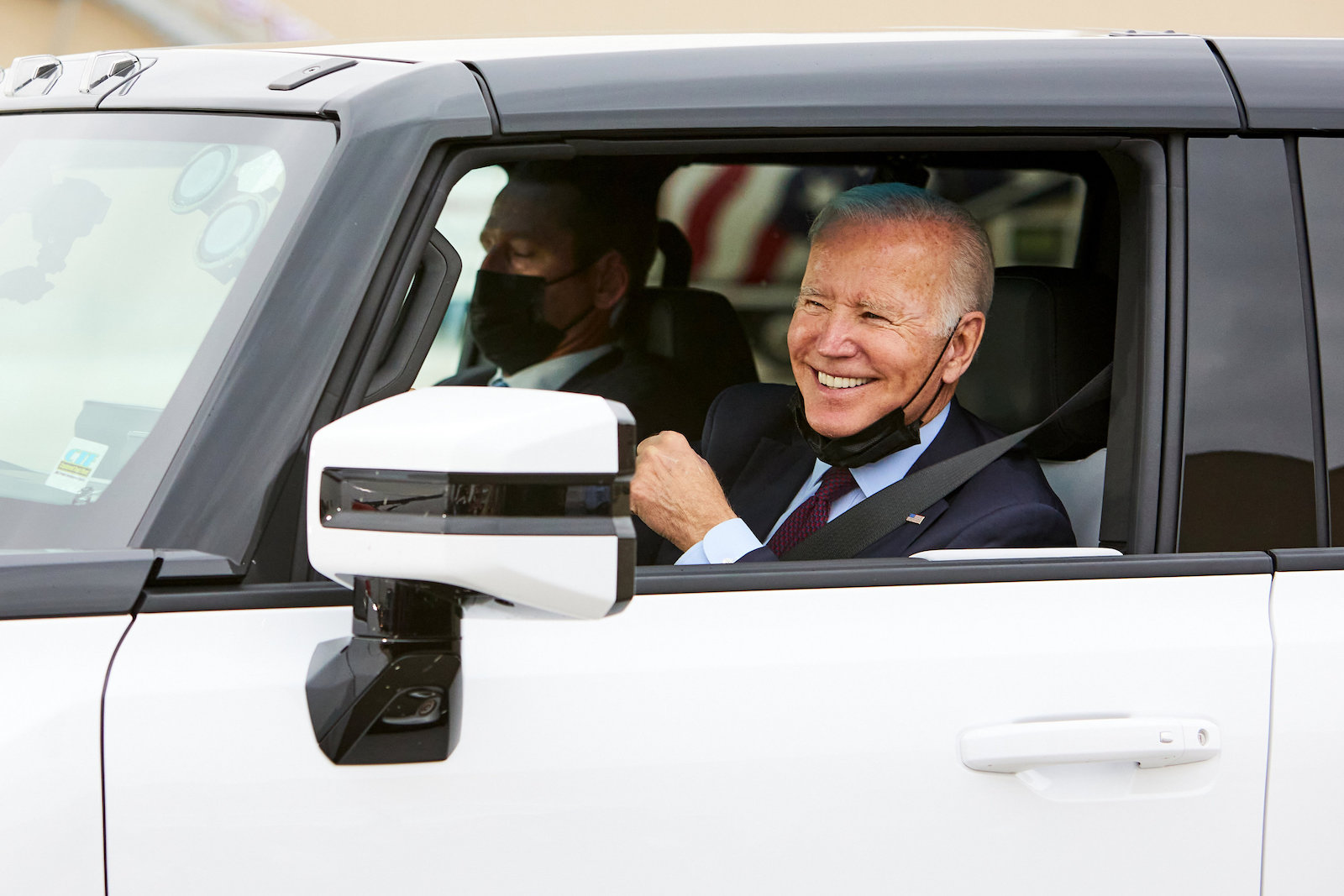
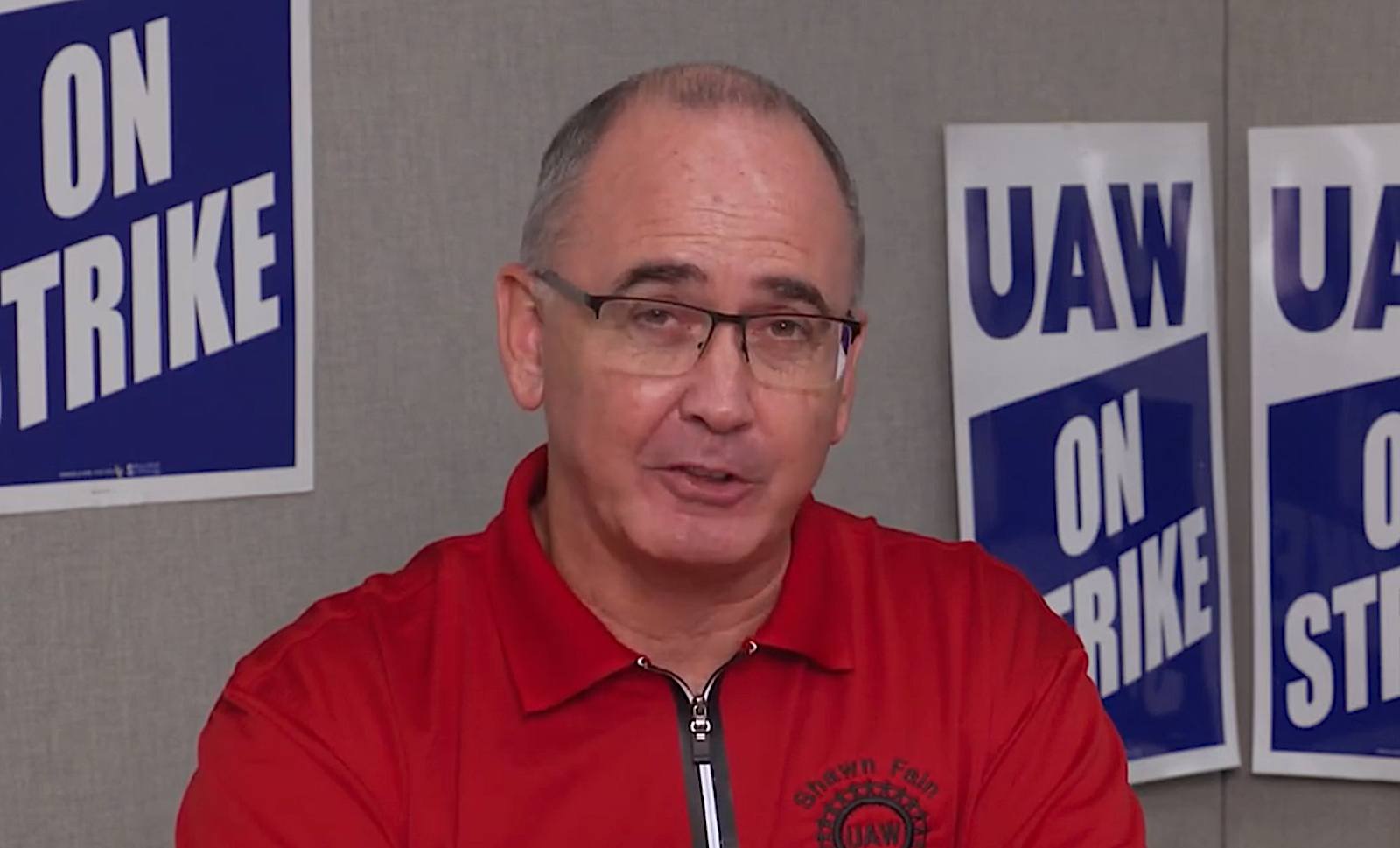
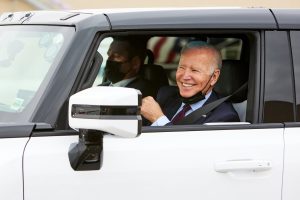
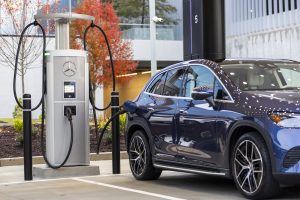
0 Comments